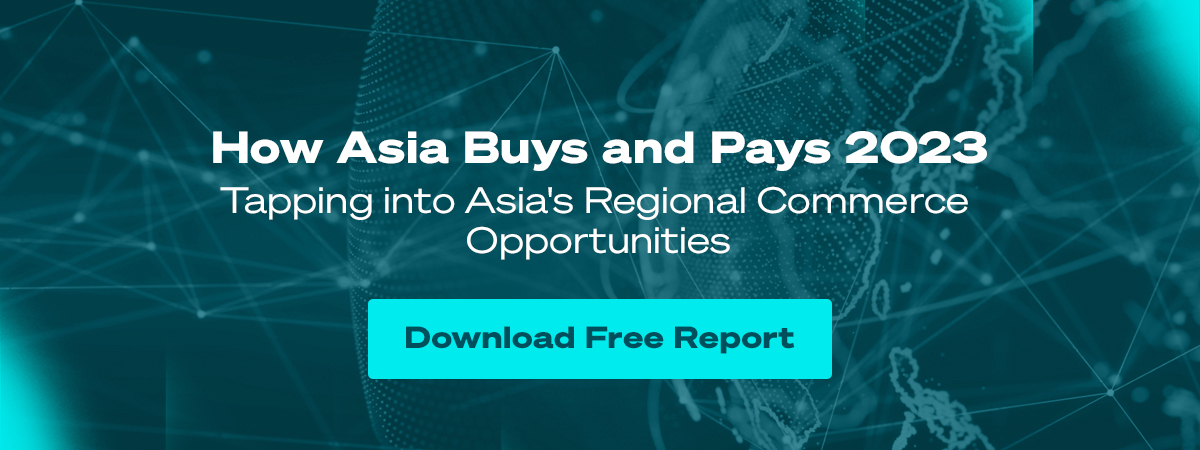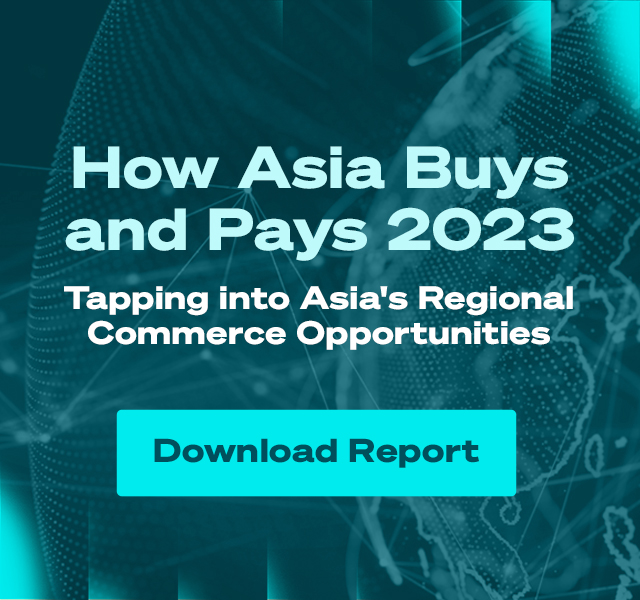
Payments Powerhouses: Leading Thailand's Bitcoin Revolution
At just 31 years, Topp Jirayut Srupsrisopa or Khun Topp is the leading Bitcoin and blockchain expert in Thailand. He started Thailand’s largest bitcoin wallet company, coins.co.th, which was sold to ride hailing giant Gojek and subsequently founded Bitkub, Thailand’s leading regulated cryptocurrency exchange in 2017. Bitkub made headlines for receiving a historically large funding amount during its seed round in 2019. Khun Topp has ambitions for the company to become Thailand’s first unicorn in the long-term.
Making it his mission to educate Thais about blockchain technology and cryptocurrency, Khun Topp has appeared in over 1,000 engagements and events all across the country. Today, he speaks to us from Bangkok.
Hi, Khun Topp! Can you tell us more about your journey to becoming one of Thailand’s Bitcoin and blockchain experts?
Topp Jirayut Srupsrisopa: Back when I was studying Economics at Oxford University, my absolute favourite subject was on the evolution of monetary history. I learnt that money changes every fifty years. We moved from using gold as the standard, to fiat currency that we see today.
From these insights, I observed how the understanding and application of money changes every half a century.
In 2013, I was at my first job as an investment banker in Shanghai. I discovered Bitcoin. The price had skyrocketed from $11 to $1,150. A 10,000% increase nearly overnight! My interest was piqued and I did more research. I stumbled on this blog article written by Marc Andreessen: Why Bitcoin Matters - it’s a very famous article now, but it was just a random blog then.
Reading the piece, it began to dawn on me how Bitcoin was going to transform the financial landscape. It had the potential to bank unbanked communities, enable cheap instant payments, and completely rehaul how we understand money. That was the beginning of my belief in Bitcoin.
By then, I was working as a financial consultant in Silicon Valley, but soon left the job to pursue my belief and passion in Bitcoin.
I flew back home to Bangkok to start a Bitcoin company (Ed note: Now known as Coins.co.th, Thailand’s leading bitcoin wallet). It was not an easy start by any means. My parents, who owned a small clothing shop in Bangkok’s Pratunam Centre, had spent most of their savings to fund my education. I used a spare room from my parents’ clothing shop as the base for my company. I managed to get a table and chair from an aunt who ran a furniture business. I worked off a Toshiba laptop. Those were the only few assets I had.
The first ten months were gruelling. I had no social life to speak of. I saved every penny I earned to expand the team. At first, I did everything myself: operations, customer support, legal, accounting and marketing. I had to continually fight against a narrative that was stacked against Bitcoin. For example, the Bank of Thailand issued a letter warning banks against Bitcoin, saying that it was a Ponzi scheme. This would continue on for a long time - years, in fact.
I went through unimaginable challenges trying to persuade large financial institutions and authorities that Bitcoin was not a scam. This extended to my staff as well - many would leave upon realising that we had tussles with the authorities. I had to become an expert - quickly - on money and AML regulations.
My parents and friends were highly skeptical and, at some point, even afraid that I would someday run into trouble by pursuing this passion. By then, my peers from University were working at global firms like Goldman Sachs or McKinsey. I thought to myself, what was I doing, squandering my time on a deadend project? Even though I believed in Bitcoin, I was close to my breaking point.
After four very tough years, the stormy clouds finally cleared. On 1st April 2017, Japan announced that Bitcoin is legal tender. Floods of messages poured in, “Topp, I can’t believe you were actually right. How do I start a Bitcoin company too? Can you help me?” It was amazing. Gojek eventually acquired coins.co.th, as I’m sure you know.
My next step was to convince regulators that blockchain is beyond Bitcoin. Armed with a prototype of a digital asset stock exchange, I took part in - and won - the Securities Exchange Commission (SEC) of Thailand’s first FinTech challenge. The result of the win was an opportunity to work directly with changemakers - the SEC - to regulate the cryptocurrency space.
With the knowledge that regulations were in hand, I started fundraising for what was essentially the prototype of my winning idea. That was the start of Bitkub.
What is Bitkub like today?
Today, Bitkub has about 1,000 employees and we’ve been growing at a 1,000% rate on revenue every year. By the end of this year, we’re projected to make at least 100 million dollars in revenue with an 80% profit margin. We’re arguably one of the most profitable startups in Thailand with at least 90% market share in the crypto space. Hopefully, we will be Thailand’s first unicorn.
There are only a handful of startups in Thailand that have the potential to become a unicorn. 2C2P, of course, is one. Flash Express is another.
You’ve been a proponent of Bitcoin and cryptocurrency right from the start, even when the odds were stacked against you. What pain points did you have to overcome?
The key is regulation. Regulators are playing catchup; this is quite normal. But their goal is financial stability and investor protection, which can sometimes fly in the face of technological innovation. We’d love to launch new products but we are slowed down by regulations.
The second one is awareness. I’ve talked about Bitcoin and crypto at over 1,000 engagements. It’s important to educate the consumer and to dispel myths about crypto so as to quell fears over its stability.
The third is the talent pool. We’d love to have more engineers and blockchain developers in Bitkub. It’s very hard to find good talent. We’ve been on a fast growth track. We want to accelerate our product roadmap and do bigger things - but we need the right talent to get there.
Do you see Bitkub going global and expanding beyond Thailand?
Yes. We have a global vision but it’s also important that we win the local war first.
Right now, crypto is a lucrative market and many traditional incumbents want a share of the pie. So I'd like to protect our 90% market share first, before thinking about global expansion.
Who do you see as your competitors in this space?
There are many competitors - banks, brokers, exchanges. Unfortunately, in this space, it’s a ‘winner takes all’ type of business model. There can only be one local winner, much like in ride sharing.
What is it like to manage a team of over 1,000 employees, up from just a few people at the start?
I still remember the feeling of sitting by myself in that clothing shop starting my first company. 8 years has gone by so quickly. It was painful though - and if you ask me - I would not want to go through that again.
I’m very proud to be running such a large and successful company, but it does take up all my time.
What was the impact of the pandemic on Bitkub?
Positive, I’d say. We’re one of the very few industries that benefited from the pandemic. Many people lost their jobs due to the global health crisis, and they turned to cryptocurrency to expand their savings or to develop a second source of income. That’s how Bitkub grew an additional 1,000% in one month. COVID-19 was a catalyst to accelerate the change of mindset towards crypto.
You say that money goes through a cycle of change every fifty years. Where are we at now?
Money is trust. And trust changes all the time. We used to place our trust in the gold standard. In the fiat currency era, we trust our own governments. In the future, we will trust the logic of mathematics with digital currency. If we are using digital currency, we trust in the logic of mathematics. If one plus one equals two, no one can cheat the system.
We’d like to end off with a few casual questions. Who would you want to have dinner with?
So many. Warren Buffet, Bill Gates, Elon Musk, Jeff Bezos. In Thailand, it would be the owner of CP group, Dhanin Chearavanont. He’s amazing - he created a miracle within one generation.
What is the best non-financial investment you’ve made?
My education.
What do you think of Dogecoin?
I think it's spectacular how it went from a joke to reach this market cap. It’s crazy how it started with Elon Musk tweeting "Dogecoin" every day on Twitter. It's beyond my imagination.
Last question, what do your parents think of you now?
[laughs] They can’t stop talking about me, to be honest. They’re telling all their friends about me and sending messages on what I’ve done. I think I’ve proven to them that my crazy idea was successful.
. . .
Payments Powerhouses is a monthly editorial series interviewing the movers and shakers of the payments and wider fintech industry, in Southeast Asia and beyond. If you’d like to be featured on Payments Powerhouses, reach out to us here.

